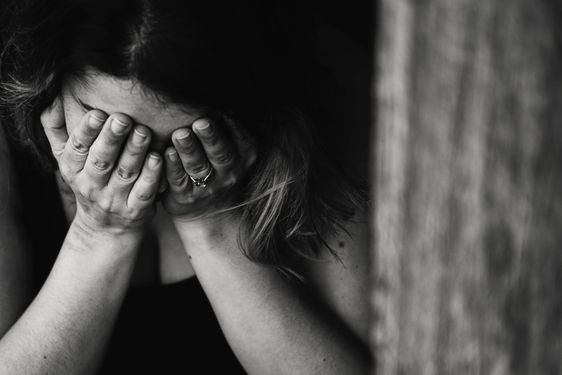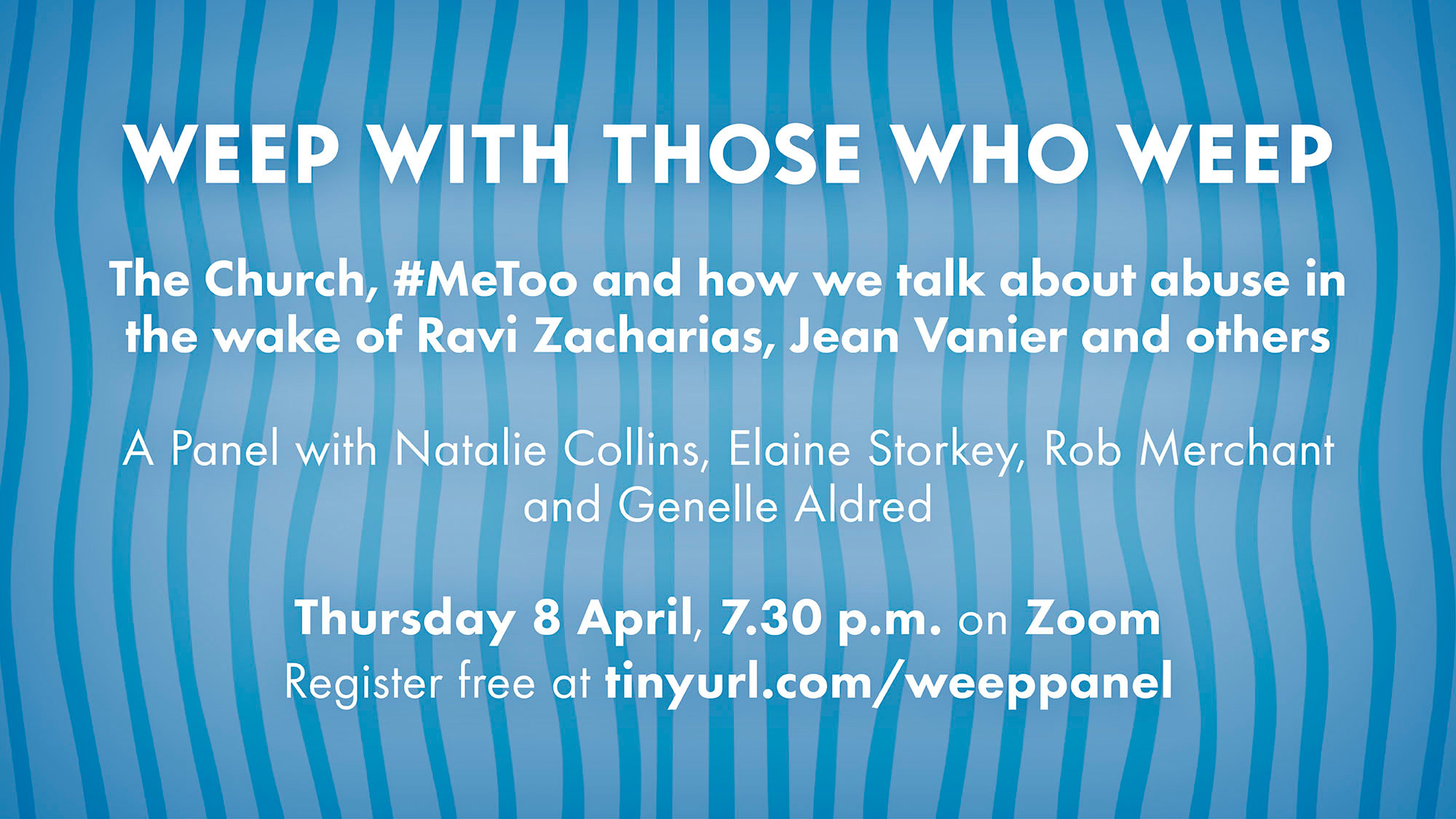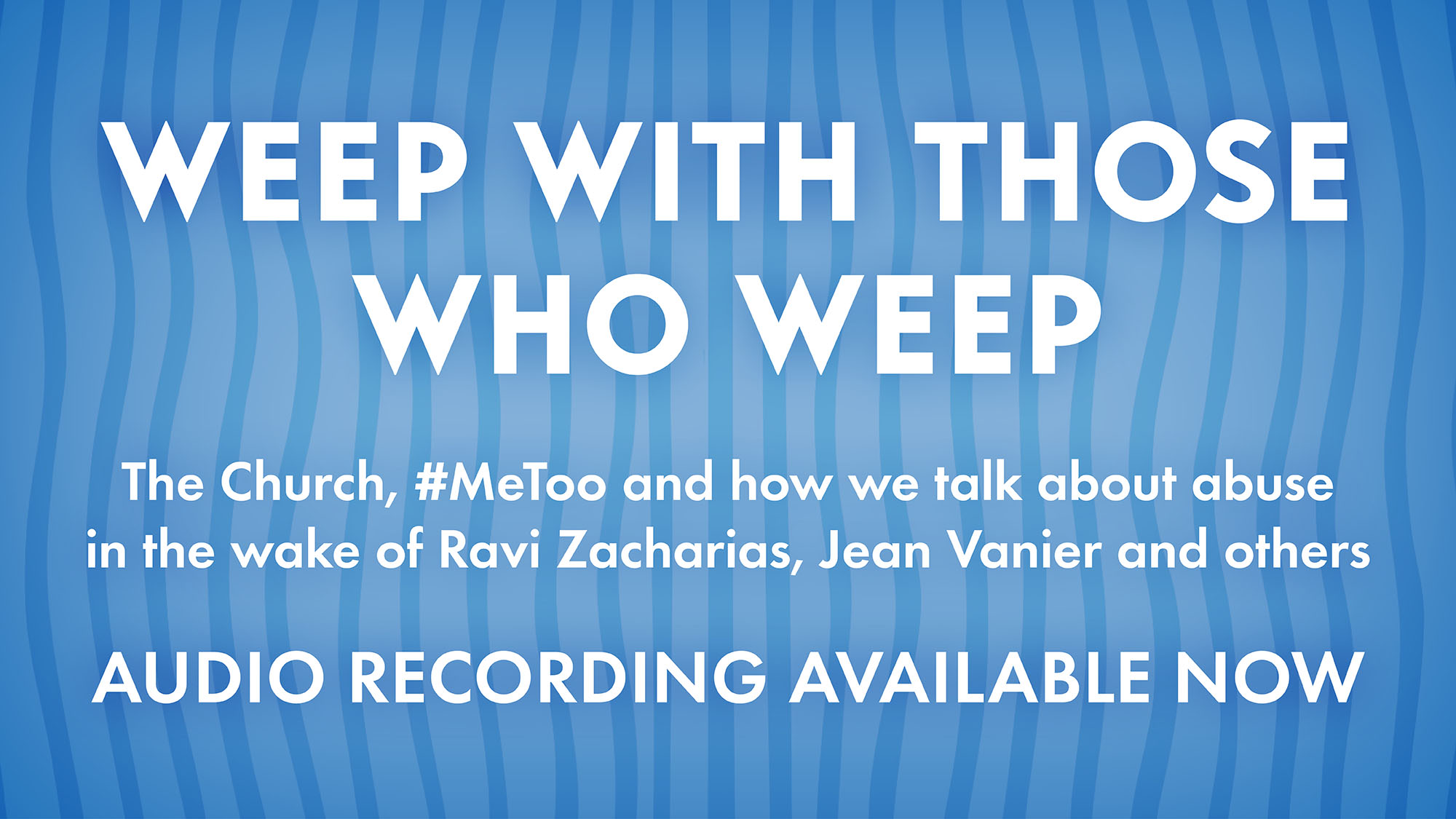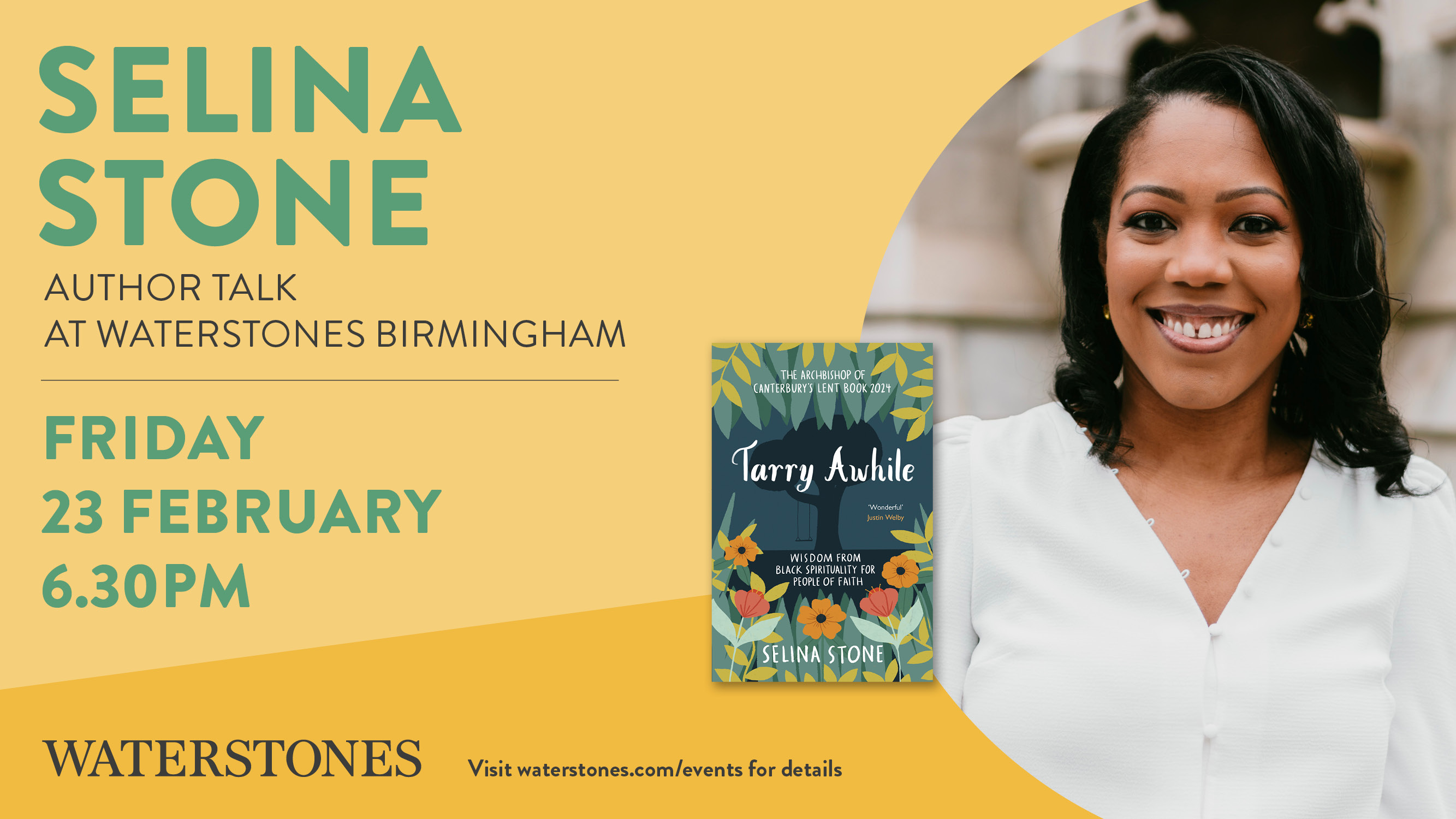We use cookies to make your experience better. To comply with the new e-Privacy directive, we need to ask for your consent to set the cookies. Learn more.
What Not To Say To Someone Who Has Been Subjected To Abuse
4 – 10 February is Sexual Abuse and Sexual Violence Awareness Week.
Natalie Collins, author of Out of Control, shares what to not say to someone who has been subjected to abuse.
It can feel very daunting when someone shares with us that they have been subjected to abuse. We don’t want to get it wrong and further hurt them. Here’s a few things to avoid saying…
1. What exactly did he do to you?
Some people want to know the gory details about what the abuser did. This is not helpful. If someone wants to disclose the details, that is a choice they can make, but it is never appropriate to push someone for greater detail than they are offering voluntarily. Sometimes the most hurtful things are not the most violent; on one occasion Julie’s husband Michael stabbed her and she almost died from the injuries, on another he hid her keys so she was unable to visit her terminally ill father. The injuries healed, but her inability to say goodbye to her father remained deeply painful to Julie. It is imperative that you actively listen to women and hear their experiences, on their terms. It is inevitable we will bring in our own perspective, but by acknowledging our own prejudices and perceptions, we can seek to really hear what women are saying and to discover what they need from us.
2. Are you sure?
This question is not always about doubting the truthfulness of what the person is saying, but can be rooted in shock and disbelief that someone could behave so brutally or cruelly. Regardless of why someone is asking this, it is unhelpful. It takes enormous courage to disclose abuse, to be met with doubt or have the experience questioned can cause someone to feel utter rejected. Brian always told his partner Comfort that no one would believe her. When Comfort disclosed to her friend Sarah that Dev had refused to stop during sex, even though Comfort was in pain, Sarah was so shocked, “Are you sure?!” She exclaimed, “That’s awful.” Comfort heard Sarah’s words as disbelief. Brian was right, no one would believe her. It took her years to open up again about what Brian had done to her.
3. I’m sure he didn’t mean to hurt you.
Questioning the intention of the abuser is another way someone may try to minimise the horror of what they are being told. Carey’s partner Steve pushed her down the stairs, a neighbour heard her screaming and called the Police who arrested him. Carey called her mother-in-law to tell her what had happened. “But it was an accident, right? Steve would never intentionally hurt you! He loves you.” Steve’s mother wants to believe her son is a good person, accepting he has deliberately pushed Carey down the stairs to get his own way feels like too much to cope with. Yet, until we fully acknowledge that abuse is a choice and is intentional, we will diminish and undermine the experiences of those who are being subjected to abuse, control, humiliation, and violation.
4. But he’s such a nice man!
Brock Turner was convicted of sexually assaulting an unconscious woman in 2016. His father wrote to the court stating that “He will never be his happy go lucky self with that easy going personality and welcoming smile. His every waking minute is consumed with worry, anxiety, fear and depression.” He goes on to say, “That is a steep price to pay for 20 minutes of action out of his 20 plus years of life.” By focussing on how “happy go lucky” or nice the perpetrator is, we undermine the pain he has caused, and centre him and his feelings (poor Brock Turner couldn’t even face eating steak anymore, according to his father). An abuser seeks out allies. It does not serve his purposes if everyone knows he is abusive. Just because we’ve experienced him as a nice person, it does not mean that his partner has the same experience of him.
5. What did you do to provoke him?
The myth that abuse is a relationship issue leaves many people presuming that both parties hold responsibility when one partner is abusive. Why would he be aggressive if she hadn’t provoked him? Why would he have forced her into sexual activity if she hadn’t led him on? This mythical cause (her) and effect (him) formula is so dangerous. An abuser hurts his partner because he wants to, because he can, and because it gets him what he wants. The person he hurts is not responsible, but by inferring that she is responsible, we heap blame and shame onto her. No doubt she will already feel she bad or wrong. We need to hold the perpetrator fully responsible, and offer our support and care to the person he has hurt.
6. But it happened so long ago, you need to move on.
At first people may be very supportive, but as the weeks or months go on, this support often wanes. There’s no explicit length of time someone is allowed to be distressed or traumatised for, but many find that when they cross an invisible time threshold people presume they should be fine. Yet trauma does not operate in the same was as emotions. The damage an abuser does leaves an imprint that can be very difficult to shift, particularly in a society which medicalises distress, prescribing drugs and a 6-week computer-based CBT course to people who really need specialist trauma therapy. Patience is needed, as is an appreciation that an abuser often irrevocably damages the person he hurts, life will never be the same. Offering sustainable care and support must be a priority.
7. You need to forgive him.
While forgiveness can be a liberatory practice, it can also be hugely oppressive. Many within Christian culture advocate for denial rather than forgiveness. We cannot forgive someone until we have fully counted the cost of what they have done to us. Calculating the cost can takes years! Forgiveness does not mean the consequences of abuse are nullified (either for the abuser, or the person they have abused). By focussing on forgiveness, we centre the feelings and needs of the abuser. When someone is being abused, that is her constant reality; centring his feelings and needs. We need to support her in making space for her feelings and needs, trusting that God will gently move her towards forgiveness, if/when that is what she needs.
8. You should prioritise your marriage.
Comments from well-known Southern Baptist Paige Patterson emerged last year. In a conference he had been asked how to support a woman with an abusive husband. According to Patterson, women should never divorce abusers. He shared his advice to a woman whose husband was abusing her; she should submit and pray hard. The woman came to church with black eyes, her husband repented and they lived happily ever after. This advice is not unusual. Telling a woman to prayerfully remain in a relationship with a violent or abusive man echoes the devil’s suggestion that Jesus jump off a high building, it is testing God.
9. Let’s pray that God will change him.
While we can hope that all abusers will be transformed (this is the only way abuse can end), as Christians we believe in free will, which sadly leaves abusers free to continue to harm women and children. When we suggest that God is going to change the abuser, we will often give false hope to someone who is desperate for a sign that her husband is going to change and that they are going to live happily ever after. Rarely does a Christian woman end her marriage without serious consideration, and in the case of abuse, after enduring much pain. We can privately pray for him to change, without influencing her with false hope that he is now going to change. Abusers usually only change after accessing an approved perpetrator programme (find out more here), where their beliefs and values are challenged and their partner is supported by women’s services.
10. I’m sorry that happened to you.
This may seem a bit pedantic, but abuse doesn’t just “happen”, it is perpetrated. Much of our language about abuse is passive, but abuse is always actively perpetrated. By changing our language to the active, we locate the responsibility with the abuser, “I’m sorry that he did to you.” “It’s awful that he hurt you in that way.” “I’m sorry that he damaged you so badly.” “I’m sorry the police failed you.” “I’m sorry your church didn’t help you.” These things don’t simply happen. They are done by a person or people, and acknowledging that is very important.
There are many other things that we should avoid saying, but there isn’t the space here to reflect on them all. Fundamentally, in our support and care of those how have been subjected to abuse, we need to use words and have an intention of validating them, believing them and witnessing both their pain and their healing. At times it’s not easy, and making sure we have the support we need to be a good support is key. But we can make a difference for those who have been subjected to abuse.














